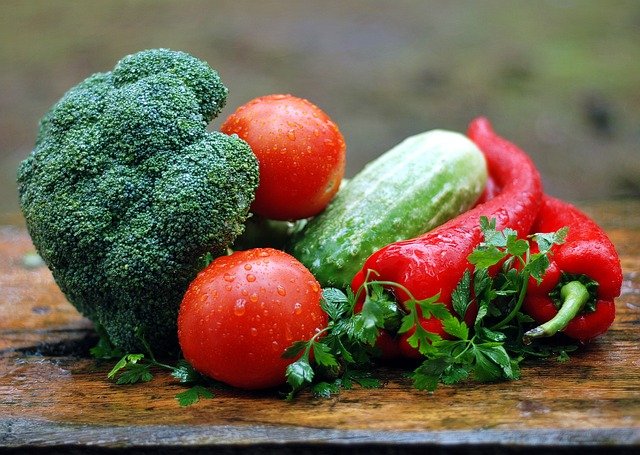Vegetarian diets have increased in popularity due to their health benefits. Going plant-based has been shown to reduce the risk of diabetes, heart disease, and certain cancers. With this type of diet, however, it is important to plan ahead and determine which vegetarian diet is best suited for your health goals. Here is a description of the various types of vegetarian diets:
Ovo Vegetarian:
This diet excludes any poultry, seafood, meat, and dairy products. Eggs, however, are permitted.
Lacto Vegetarian:
Does not include meat, poultry, seafood, or eggs. Includes dairy products such as milk, cheese, butter, and yogurt.
Lacto-Ovo Vegetarian:
This diet does not include meat, poultry and fish but allows dairy products and eggs.
Pescatarian:
Does not include eggs, dairy, meat, and poultry but permits fish.
Vegan:
This diet excludes all poultry, meat, dairy, fish, eggs, and anything that contains these products. Vegans also do not consume animal by-products, such as honey.
With various options to choose from, one of the vegetarian diets can be a great meal plan for you. When starting these diets, it is crucial to understand which foods you will be cutting out and the vitamins found in that food. For example, the vegan diet eliminates foods high in vitamin B-12 and calcium, so a vegan may want to take vitamin supplements as well as dark greens that are filled with calcium.
Dr. Barbara Edwards, a Princeton M.D. internist practices at Penn Medicine Princeton Health in the Penn Medicine Princeton Medical Center and also serves as Medical Director of the Bristol-Myers Squibb Community Health Center.


